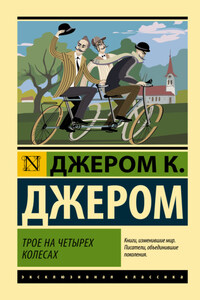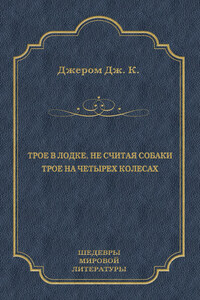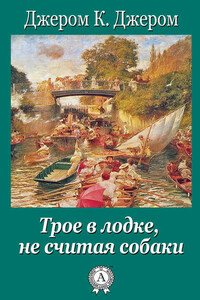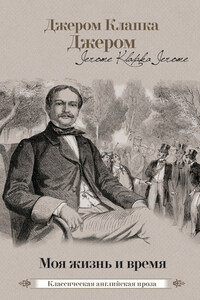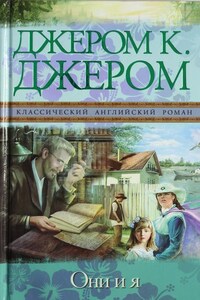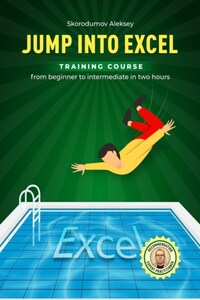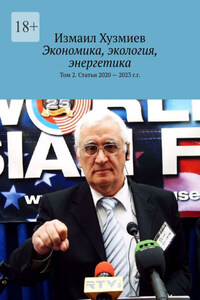There were four of us – George, and William Samuel Harris, and myself, and Montmorency. We were sitting in my room, smoking, and talking about how bad we were – bad from a medical point of view I mean, of course.
We were all feeling unwell, and we were getting quite nervous about it. Harris said he felt such extraordinary fits of lighth-headedness, that he hardly knew what he was doing; and then George said that he had fits of light-headedness too, and hardly knew what he was doing. With me, it was my liver that was out of order. I knew it was my liver, because I had read a liver-pill leaflet, in which the symptoms were described by which a man could tell when his liver was out of order. I had them all.
It is the most extraordinary thing, but whenever I read a medicine advertisement I always make a conclusion that I am suffering from the particular disease. I remember going to the British Museum one day to read up the treatment for some slight illness – hay fever1. I got down the book, and read all I came to read; and then I turned the leaves, and began to study diseases. I came to typhoid fever – read the symptoms – discovered that I had typhoid fever, must have had it for months without knowing it – wondered what else I had got; turned up St. Vitus’s Dance2 – found, as I expected, that I had that too, – began to get interested in my case, and so started alphabetically. Cholera I had, with serious complications; and diphtheria I was born with. I patently studied the twenty-six letters, and the only disease I had not got was housemaid’s knee3.
I sat and thought it over. What an interesting case I must be from a medical point of view, what a gift I should be to a class! Students would have no need to “walk the hospitals,” if they had me. I was a hospital in myself. All they need to do would be to walk round me, and, after that, take their diploma.
Then I wondered how long I had to live. I tried to examine myself. I felt my pulse. I could not at first feel any pulse at all. Then, suddenly, it started off. I pulled out my watch and counted. I made it a hundred and forty-seven to the minute. I tried to feel my heart. I could not feel my heart. It had stopped beating. I patted myself all over my front, from what I call my waist up to my head, and I went a bit round each side, and a little way up the back. But I could not feel or hear anything. I tried to look at my tongue. I stuck it out as far as ever, and I shut one eye, and tried to examine it with the other. I had walked into that reading-room a happy, healthy man. I crawled out a weak wreck.
I went to my medical man. He is my old friend, and feels my pulse, and looks at my tongue, and talks about the weather, when I fancy I’m ill; so I thought I would do him a good turn4 by going to him now. “What a doctor wants,” I said, “is practice. He shall have me. He will get more practice out of me than out of seventeen hundred of your ordinary, usual patients, with only one or two diseases each.” So I went straight up and saw him, and he said: “Well, what’s the matter with you?”
I said: “I will not take up your time, dear boy, with telling you what is the matter with me. But I will tell you what is not the matter with me. I have not got housemaid’s knee. Why I have not got housemaid’s knee, I cannot tell you; but the fact remains that I have not got it. Everything else, however, I have got.”
And I told him how I discovered it all. Then he examined me. After that, he sat down and wrote out a prescription, and folded it up and gave it to me, and I put it in my pocket and went out. I did not open it. I took it to the nearest chemist’s, and handed it in. The man read it, and then handed it back. He said he didn’t keep it.
I said: “You are a chemist?”
He said: “I am a chemist. If I was a store and family hotel combined, I might be able to help you. But I am only a chemist.”
I read the prescription. It ran:
“1 lb.5 beefsteak, with 1 pt.6 bitter beer every 6 hours. 1 ten-mile walk every morning.
1 bed at 11 every night.
And don’t stuff up your head with things you don’t understand.7”
I followed the directions and my life is still going on.
In the present instance, going back to the liver-pill leaflet, I had all the symptoms, the chief among them was “a general dislike of any work.” As a boy, the disease hardly ever left me for a day. My parents did not know, then, that it was my liver and they used to put it down to laziness. “You lazy little devil, you,” they used to say, “get up and do something for your living, can’t you?” – not knowing, of course, that I was ill. And they didn’t give me pills; they gave me clumps on the side of the head. And those clumps on the head often cured me better than a whole box of pills does now.
We sat there for half-an-hour, describing to each other our diseases. I explained to George and William Harris how I felt when I got up in the morning, and William Harris told us how he felt when he went to bed; and George illustrated us by acting how he felt at night.

